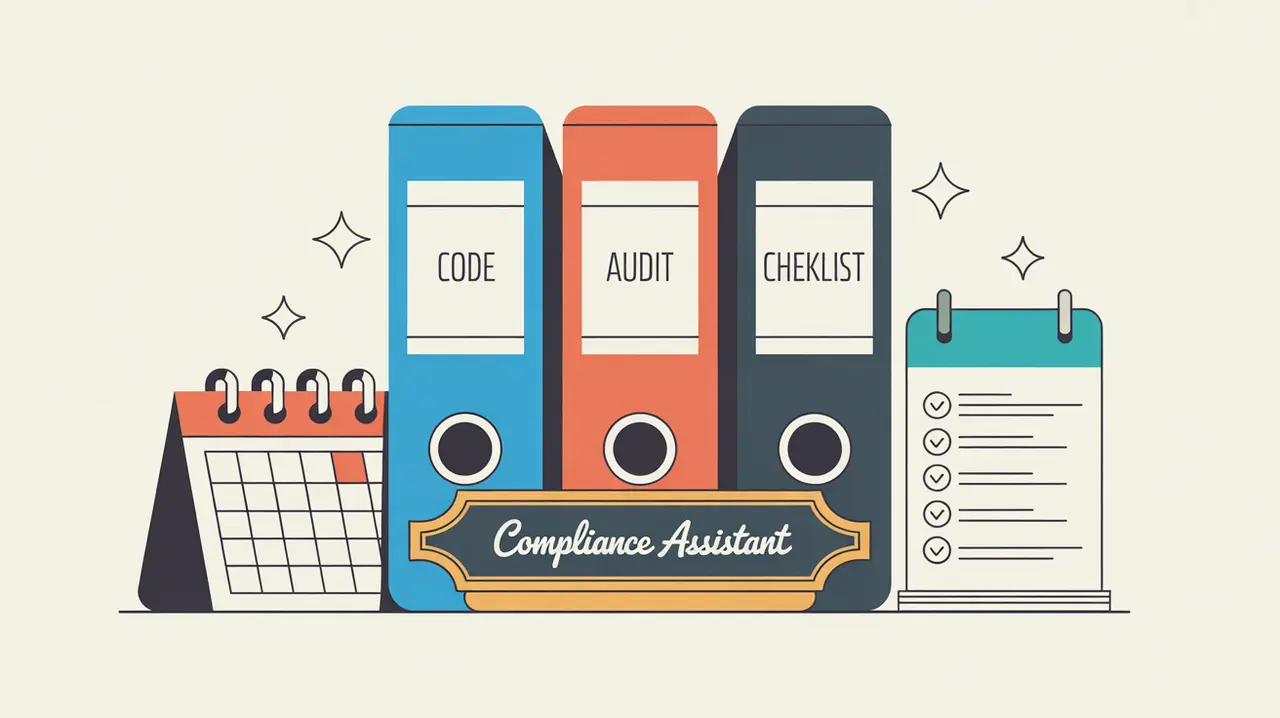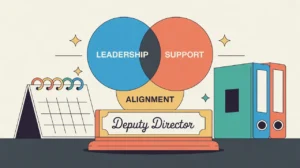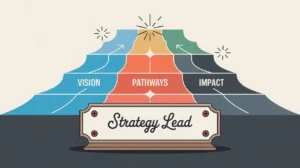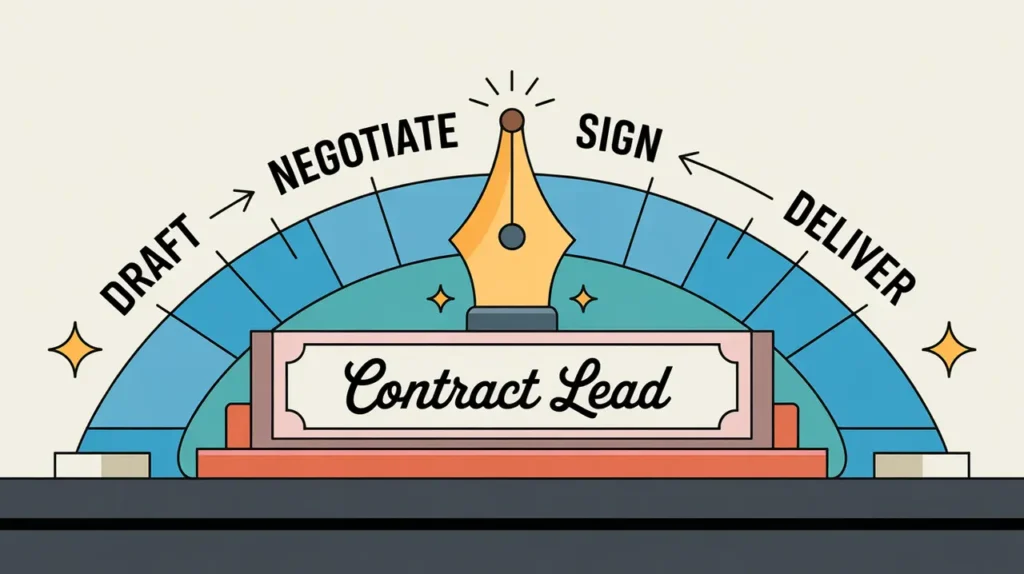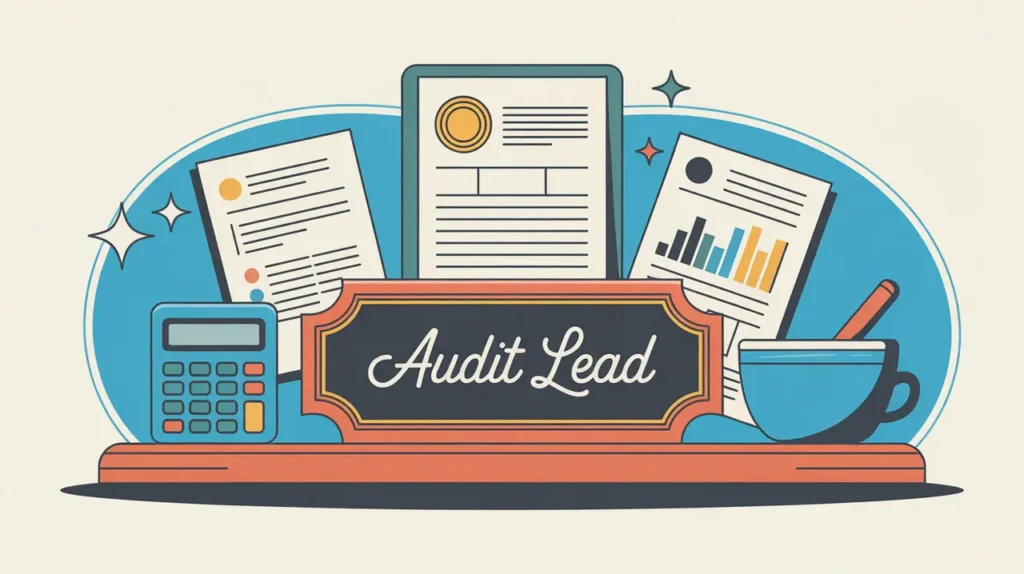What Does the Compliance Manager Role Involve?
A compliance manager is responsible for overseeing and implementing an organization’s compliance strategy to ensure adherence to legal, regulatory, contractual, and internal standards. This involves developing and monitoring compliance systems, managing audits and reporting, training staff on policies, identifying risks, and working with leadership to ensure organizational practices meet required standards. The role sits within legal, finance, risk, or operations functions depending on the organizational structure. In both nonprofits and social enterprises, compliance managers play a critical role in safeguarding integrity, reducing risk, and maintaining trust with regulators, funders, and stakeholders.
At What Level does this Role Operate?
Senior Level: This role typically reports to a compliance director, chief risk officer, or other senior leader. It involves significant autonomy in designing and managing compliance systems, supervising staff or consultants, and advising leadership on regulatory issues and organizational risk exposure.
Relative Employability: Compliance manager roles are in steady demand across nonprofits, social enterprises, philanthropic institutions, and mission-driven organizations that operate within regulated environments. Organizations seek experienced professionals who can interpret complex regulations, implement practical systems, and maintain accountability.
Relative Pay Scale: Within nonprofits and social enterprises, compliance manager roles sit in the upper mid to senior pay bands, reflecting their leadership responsibilities and technical expertise.
What are the Key Responsibilities and Activities?
- Develop, implement, and monitor organizational compliance frameworks and policies
- Manage internal audits, external regulatory reviews, and reporting processes
- Identify compliance risks and lead the development of mitigation strategies
- Train staff and partners on compliance requirements and organizational policies
- Monitor changes in regulations, laws, and donor requirements, and update systems accordingly
- Coordinate across departments to ensure compliance is integrated into operations, programs, and finance
- Supervise compliance staff or consultants, ensuring accuracy and timeliness of activities
- Advise senior leadership and the board on compliance issues and risk exposure
What Core Competencies and Qualifications are Needed?
Required Qualifications and Experience
The following reflect common qualifications and experience expected for this role, while recognizing that pathways may vary by context, organization, and region.
- Relevant academic background in law, business administration, public administration, finance, or a related field, or equivalent professional experience
- Several years of experience in compliance, legal, risk management, or related functions
- Strong knowledge of regulatory environments, contractual obligations, and donor compliance standards
- Demonstrated ability to design and implement compliance systems and train others effectively
- Experience managing audits, reporting, and organizational risk assessments
Key Competencies
- Strategic understanding of regulatory and compliance frameworks
- Analytical and problem-solving skills for risk identification and mitigation
- Strong communication and training abilities
- Project and team management capabilities
- Attention to detail combined with the ability to navigate complexity
- Integrity, judgment, and commitment to accountability
How are AI and Automation Shaping this Role?
An AI-native compliance manager will look to AI and automation to enhance monitoring, reporting, and risk detection. They can use AI tools to track regulatory changes, flag anomalies in financial or operational data, and predict potential compliance issues. Automation can support audit preparation, reporting workflows, and policy updates, enabling the manager to focus on strategic oversight and risk management. By integrating AI thoughtfully, compliance managers can improve accuracy, responsiveness, and organizational resilience.
What Career Pathways and Transferable Skills are Associated with this Role?
Compliance manager roles often lead to senior positions such as director of compliance, chief risk officer, or legal and governance leadership roles. The combination of regulatory expertise, strategic thinking, and operational leadership developed in this role is transferable across nonprofits, social enterprises, corporations, philanthropic institutions, and public sector organizations. Compliance managers are well positioned to guide organizations through complex regulatory landscapes and strengthen governance systems.
